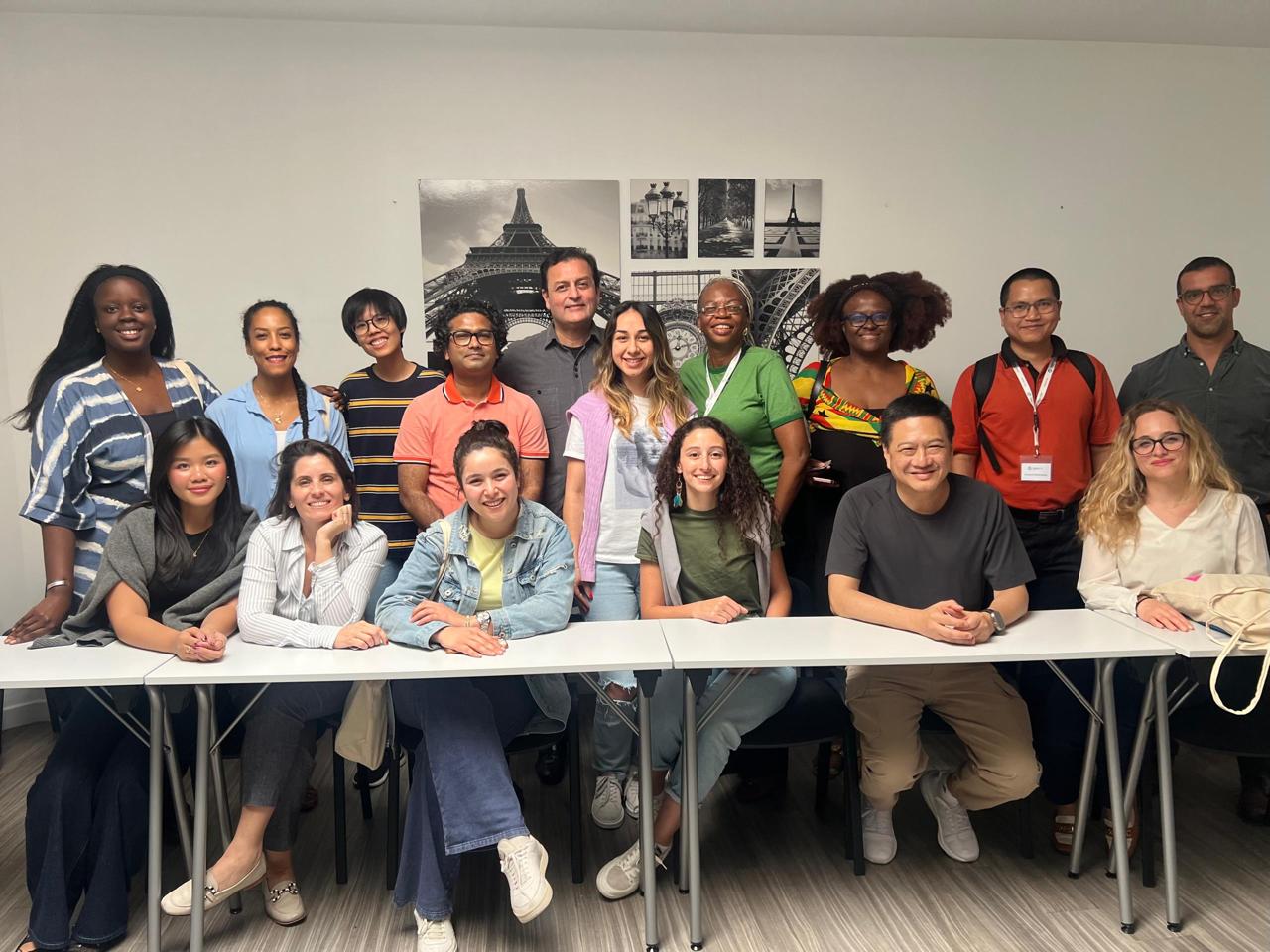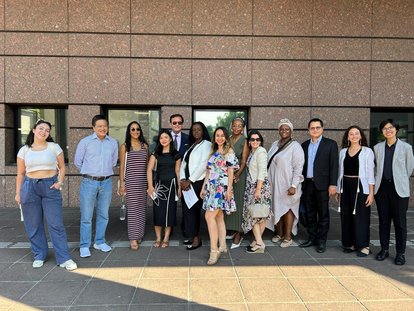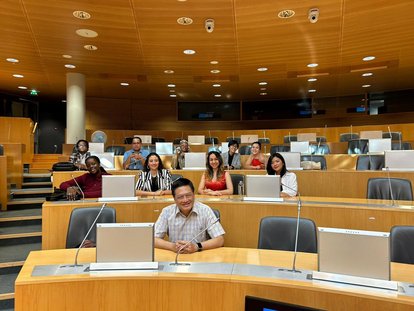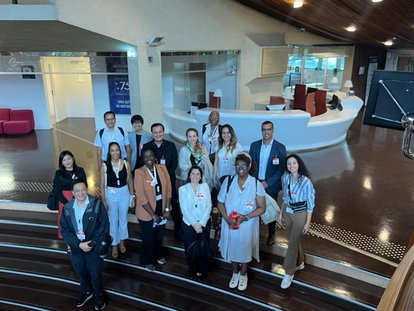IIDH Summer School 2024
How a Summer School Program Made Me Feel “Alive”

Before the Program
As a law graduate, I learned that those who break the law are held accountable by the courts. However, this view seemed incomplete to me. My curiosity about the causes and effects of criminal behavior led me to criminology, where I explored crime prevention, recidivism, and rehabilitation. Yet, this perspective felt limited.
Zooming out, I started asking myself: Who drafts the law? The straightforward answer is: States. However, the more complex and nuanced answer is: Politics.
As a Research and Program Officer at SKF, I learn and witness more every day. I learn about freedoms and human rights, and I witness violations, repression, and injustice. Violations are increasing in numbers. Victims of violations are increasing in numbers.
Zooming out again, I ask myself: Who is violating the law? And again, the straightforward answer is: States. But the more complex and nuanced one: Politics.

Why I Applied
"It is not the meaning of life we seek, but our aliveness.” Stephen Levine
Witnessing the world's injustices, I felt increasingly useless. The thirst for doing more kept rising.
While drowning in these thoughts, SKF Executive Director Ayman Mhanna reaches out with the FNF scholarship opportunity: a Summer School Program on International Human Rights Law (IHRL), International Humanitarian Law (IHL) and International Criminal Law (ICL). Is this the light at the end of the tunnel? I applied.
I applied because I believed that this program would not resemble any traditional lecturing. Indeed, the experience was far from traditional, far from knowledge that can be acquired through research, far from reading through articles of law; it was transformative.

Program Takeaways
The program was a journey of personal growth and fulfillment. Here are three key insights.
IHRL: Treaty ratification does not imply the application and integration of rights into national and domestic law. What makes States respect the provisions is the mechanism.
IHL: Distinction, proportionality and precautions are the IHL principles that States in armed conflicts should abide by. If only all leaders would prioritize “humanity”, then perhaps IHL would become obsolete.
ICL: In its early days, the human rights project was fundamentally related to shrinking ICL, which was perceived as a limitation on freedoms. Over the years, IHRL has emphasized the importance of criminalizing certain human rights violations. ICL is now closely associated with IHRL, which considers that no one should have immunity when it comes to grave crimes.

After the Program
Argentina, Bangladesh, Lebanon, Pakistan, Peru, Philippines, Senegal, South Africa, Thailand, Tunisia, Turkiye and Zimbabwe: fourteen scholarship grantees, coming from around the world and chosen by FNF to pursue this program together.
Thanks to FNF, I now have a global family of fourteen siblings. Despite our diverse backgrounds, we united under the common values of freedoms and human rights.
To the fourteen of you I say: Thank you for showing me that despite the struggles and challenges -like the ones we faced before every exam- we can find support. The world seems divided, but you proved that we are not. You made me feel “alive”.
Disclaimer: The opinions expressed within the content are solely the author's and do not necessarily reflect the opinions and beliefs of the website or its affiliates.